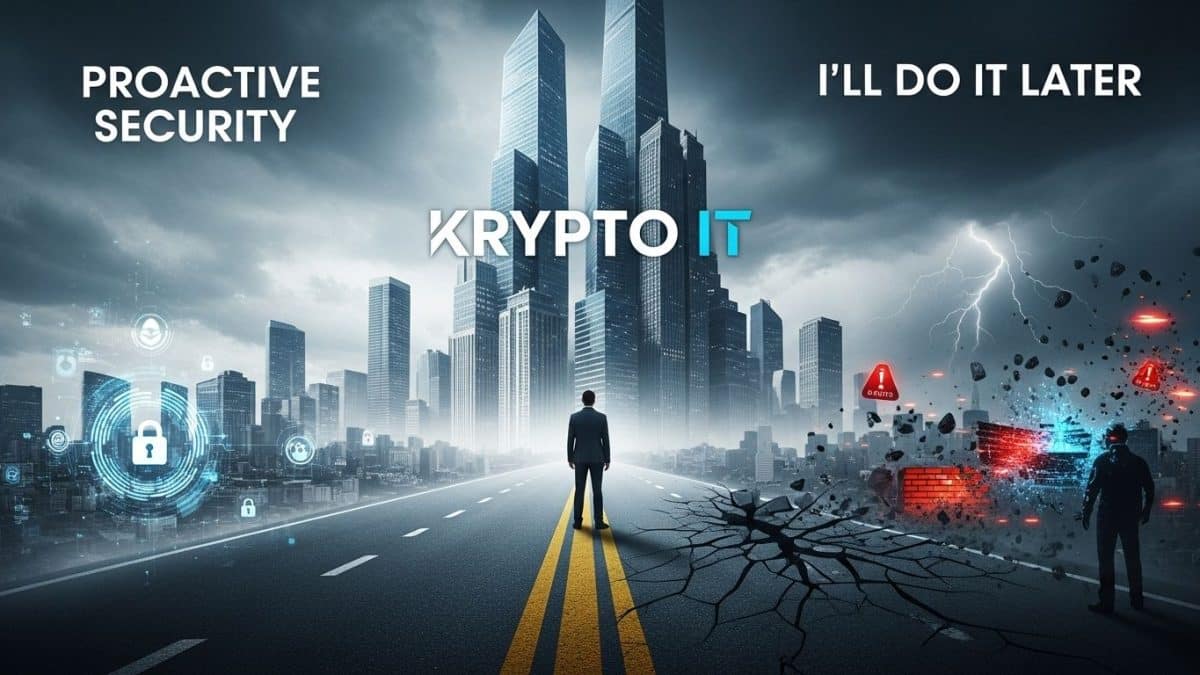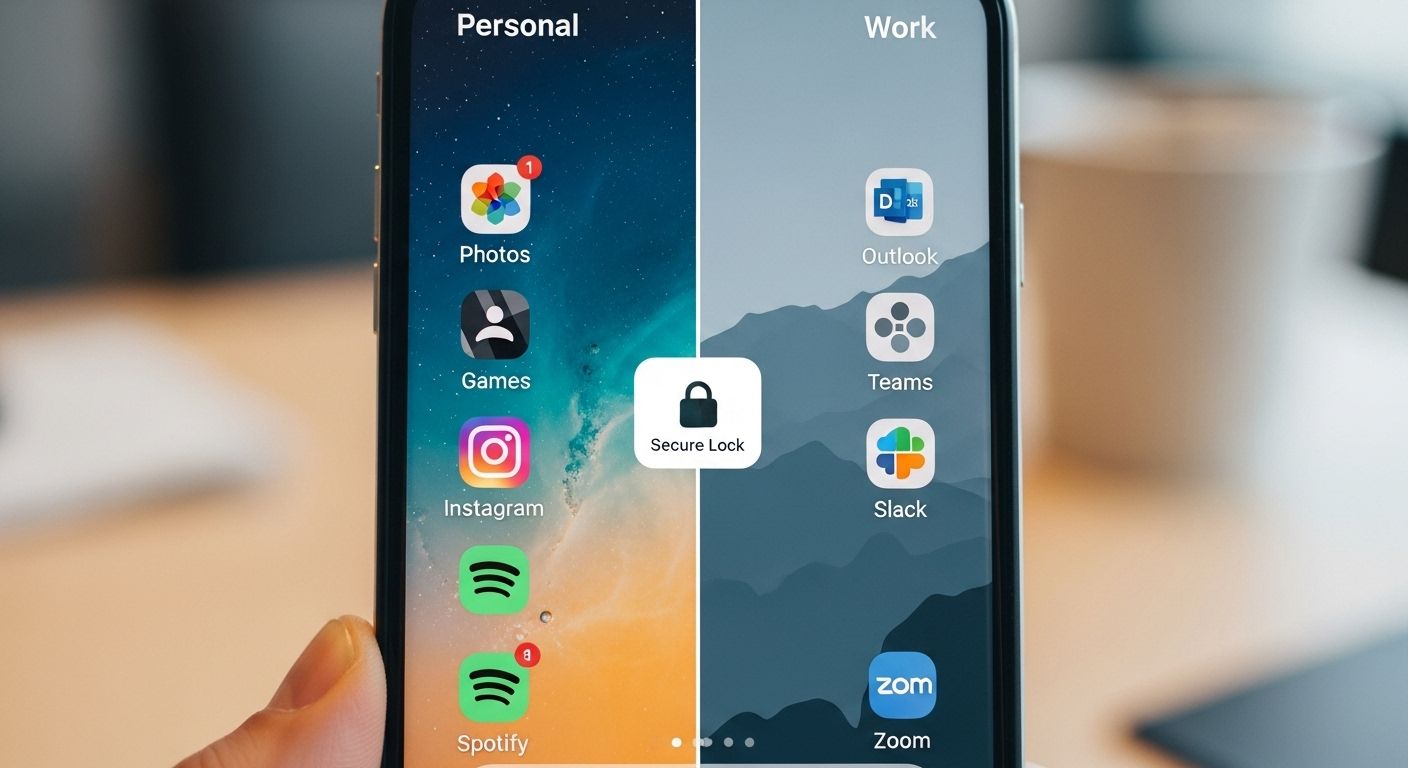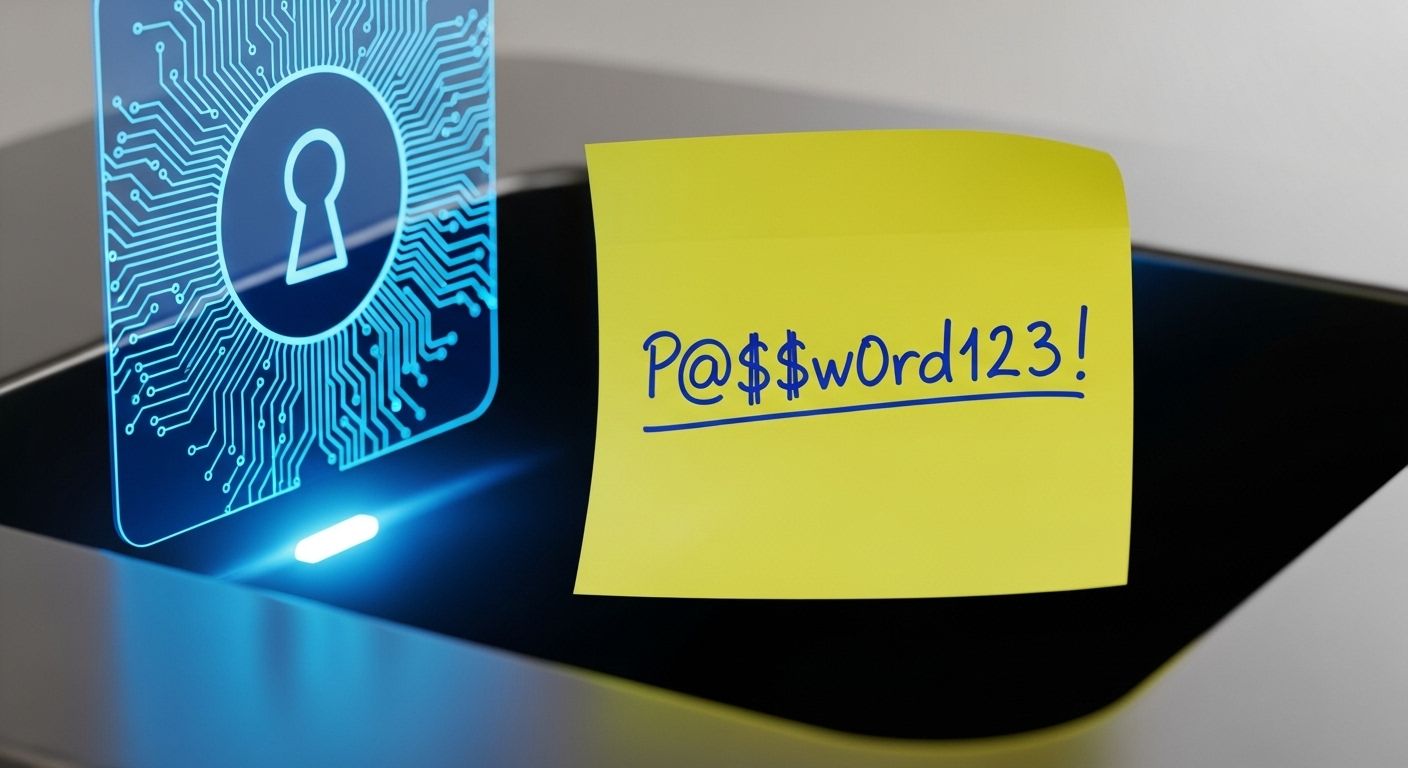
You Didn’t Get Phished, You Onboarded the Attacker
September 11, 2025
The High Cost of the “Cheapest” IT Solution for Your Business
September 13, 2025As a small business owner, your to-do list is endless. You’re juggling operations, marketing, finances, and customer service. It’s easy to look at cybersecurity and think, “I’ll get to that later. We’re too small to be a target.” This mindset, while understandable, is a dangerous gamble. The “I’ll do it later” approach to cybersecurity is not only risky but also comes with a hidden, and often devastatingly high, cost.
The truth is, cybercriminals don’t discriminate based on size. In fact, a recent report found that nearly half of all cyberattacks target small and medium-sized businesses (SMBs). Why? Because criminals know that SMBs often lack the robust security infrastructure of a large corporation, making them easier targets. They see your business as a less-guarded vault, full of valuable data—from customer information and employee records to financial details and proprietary secrets. The question isn’t whether your business will face a cyber threat, but when.
The Immediate Financial Fallout of a Breach
When a cyberattack successfully penetrates your defenses, the costs are immediate and tangible. The financial toll goes far beyond a simple ransom payment. You’re looking at a cascade of expenses that can cripple or even permanently shut down your business.
1. Business Interruption: A cyberattack, especially a ransomware or denial-of-service (DDoS) attack, can bring your entire operation to a grinding halt. Every minute your systems are down, you are losing revenue, unable to process orders, communicate with clients, or conduct business. This downtime can last for days or even weeks, leading to significant financial losses and an inability to meet your obligations.
2. Incident Response and Recovery: Once a breach is detected, you need to call in the experts—forensic investigators and IT specialists—to identify the source of the attack, contain the damage, and restore your systems. These services are not cheap and are often required on an emergency basis, driving up the cost. You’ll also need to invest in new hardware and software to rebuild your infrastructure, which may be compromised beyond repair.
3. Legal and Regulatory Fines: If your business handles any sensitive customer data, you are likely subject to strict data privacy regulations, such as the General Data Protection Regulation (GDPR) or the California Consumer Privacy Act (CCPA). A data breach can lead to massive fines and penalties from regulatory bodies, adding a significant legal burden to your already mounting costs.
The Long-Term Damage: Costs That Linger
The direct financial costs are only part of the story. A cyberattack inflicts long-term, indirect damage that can be even more difficult to recover from.
1. Reputation and Customer Trust: Your brand is built on trust. When your business suffers a breach, that trust is shattered. Customers may be hesitant to continue doing business with you, fearing their personal information is no longer safe. This loss of confidence can lead to a decline in sales and a long-term struggle to attract new clients. For a small business, where personal reputation is everything, this can be a fatal blow.
2. Loss of Competitive Advantage: A breach can expose proprietary information, trade secrets, and business strategies to your competitors. This can erode your competitive edge and make it difficult to innovate or maintain your market position.
3. Employee Morale and Productivity: Dealing with the aftermath of a breach is stressful for everyone. Employees may feel frustrated by the system downtime, concerned about their own data, or disillusioned with the company’s security. This can lead to decreased morale, lower productivity, and even employee turnover.
Proactive Security: A True Investment
So, what’s the alternative to the “I’ll do it later” gamble? The answer is a proactive, strategic investment in cybersecurity. Think of it not as a cost, but as an insurance policy for your business’s future. A smart investment in security is a fraction of the cost of recovering from a breach.
Here’s what a proactive approach includes:
- Managed Security Services: Partnering with an IT security company like Krypto IT provides you with a dedicated team of experts who continuously monitor your systems, detect threats, and manage your security infrastructure. It’s like having a full-time cybersecurity department without the overhead.
- Employee Training: Your employees are your first line of defense. A comprehensive training program can teach them to spot and report phishing emails, use strong passwords, and follow best security practices.
- Regular Vulnerability Assessments: Proactive assessments identify weaknesses in your network and systems before a cybercriminal can exploit them. This allows you to patch vulnerabilities and strengthen your defenses.
- Robust Data Backup and Recovery Plans: In the event of an attack, having a secure, off-site data backup allows you to quickly restore your systems and minimize downtime, dramatically reducing the impact of a breach.
Don’t wait until it’s too late. The cost of “I’ll do it later” is a risk no small to medium-sized business can afford to take. By investing in proactive cybersecurity now, you are not just protecting your data; you are securing the future of your business.
At Krypto IT, we’re dedicated to helping Houston-area SMBs make smart security investments. Our team can assess your current security posture and build a customized plan that fits your needs and budget.
Ready to protect your business? Contact us today for a free, no-obligation consultation.




